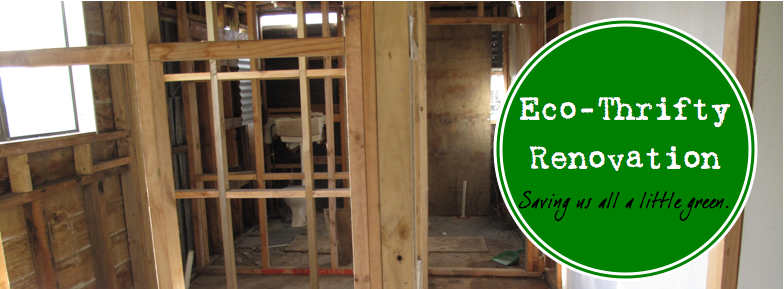Kia ora koutou. Xander's first blog post was very popular on our blog. See it here: http://www.ecothriftydoup.blogspot.co.nz/2013/03/guest-post-xander-our-new-intern.html
There is truth in the saying,
“one man’s trash is another man’s treasure”. To some extent, this is what the Eco School is all about. I
have often found myself repurposing a lot of what I had once considered
“trash,” turning it into what Nelson indirectly calls “treasure”. For instance,
after scything the lawn, the heaps of cut grass can easily be turned into
compost or mulch.
To me, this is what
sustainability is all about, that is, to reuse or repurpose what you’ve got (or
what someone else has got). That being said, it also adds the individualistic,
personal component of rethinking. For example, I would have never thought that
a crate could be used as mobile chicken coop. Granted, the chickens didn’t use
it, but it did have that personal ingenuity. It had the potential and the
capacity to be something great. The mobile chicken coop is no different than
this old house (although the house is way more functional).
Although it is overly obvious
that sustainability has become a buzzword in today’s society, it is still a
very significant concept to consider. Not only does it apply to everyday,
practical work, it also applies to more abstract ways of thinking. It is
arguably a form of environmental justice, which encompasses social and economic
spheres and all the inherent spheres within each of those. To me,
sustainability also means to use wisely what we got.
And it is at this point where we
can see how sustainability acts upon the concepts, institutions, or systems
that already exist today. It is be no means revolutionary, insofar as it does
not overthrow any of the systems in place today to start a fresh system. On the
contrary, I believe that sustainability utilizes the systems in place today to
work towards a healthier, environmentally friendly tomorrow.
All of this is why I think that
the Eco School is the epitome of sustainability, especially on the practical
level. Take, for example, the mountain of compost that lies in the side yard.
Since its conception as a pile of biodegradable rubbish following the Masters’
Games, I’ve watched it (mostly) turn into a meaningful goliath of compost.
However, in the beginning, all that it took was an eye to see the potential of
the biodegradable rubbish. Even before then, all that it took was a rethinking
of the Masters’ Games and the Whanganui community (i.e. sustainability in
action). The Maters’ Games and Whanganui have always had that potential, it was
just a matter of tapping into it.
Coming
from America, the mental cogs of sustainability are not turning. One reason, to
me, is that sustainability is at odds with get-rich-quick, race-to-the-top
mentality. But who’s to say really, America is a funny place. On the
environmental front, America is behind the times. Take for instance the fact
that it’s hard to find a public recycling bin on the street. Sure, they collect
recycling from private residences, but no public recycling?
Sustainability
uses what’s available in a mindful way. The system back in the States is quite
the opposite; however, it will not go away anytime soon, although it seems to
be waning. One of Nelson’s sayings is, “the problem is the solution”, which
directly coincides with my impression of sustainability. In my first blog, I
shared my transformation story. From all that I’ve learned at the Eco School, I
have the skills and framework for building a better tomorrow. Some believe that
the world has gone to crap. To some it is nothing more than a pile of rubbish
from some global, economic tournament. Maybe the same is true within America.
But, like I said, one man’s trash is another man’s treasure.
-Xander






No comments:
Post a Comment